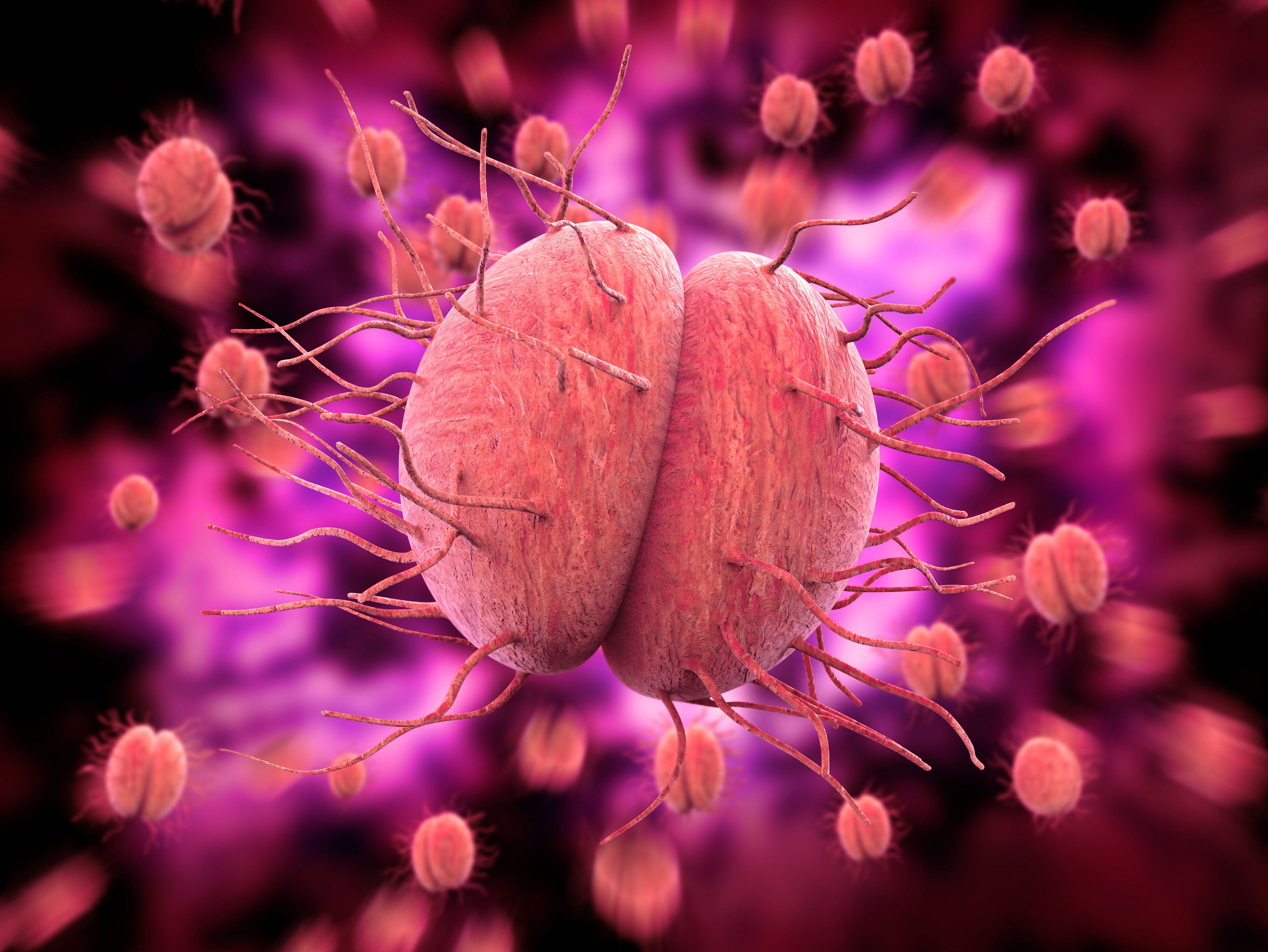
Vulvovaginal Disease
Latest News
Latest Videos

Shorts
CME Content
More News

FDA accepts priority review of gepotidacin, a first-in-class oral antibiotic, for treating uncomplicated urogenital gonorrhea in patients 12 years and older.

A new study reveals long wait times, clinician shortages, and geographic gaps continue to delay diagnosis and treatment for patients with vulvar lichen sclerosus.

Review some of the top stories from the Contemporary OB/GYN website over the last week, and catch up on anything you may have missed.

A recent study presented at ACOG 2025 highlights the potential of once-weekly secnidazole oral granules as an effective long-term therapy for recurrent bacterial vaginosis.

A new study highlights how dismissive medical experiences, including gaslighting, contribute to emotional distress and care avoidance among patients with vulvovaginal disorders.

Azithromycin and doxycycline carry a greater risk of vulvovaginal candidiasis compared to other acne treatments, researchers report at ACOG ACSM 2025.

The nearly 4000 cases in 2023 were the highest number reported in over 30 years, the Task Force stated.

A new study presented at ISSWSH highlights patient dissatisfaction with current treatments for recurrent bacterial vaginosis, emphasizing the need for more effective therapies and improved provider communication.
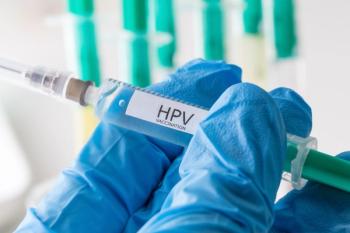
HPV vaccination in Brazil led to significant reductions in genital warts and cervical precancer hospitalizations, especially among those under 20 years of age.
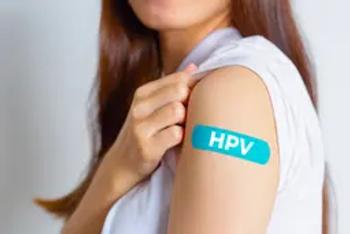
Panama’s switch to the 9-valent HPV vaccine promises greater protection and reduced cancer rates, preventing thousands of HPV-related cases and deaths.
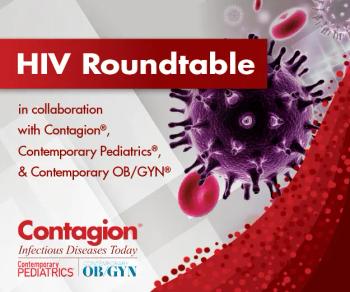
Expert discussion of several topics including diagnosis, clinical management in older adults, multidrug resistance, and long-acting injectables and PrEP.
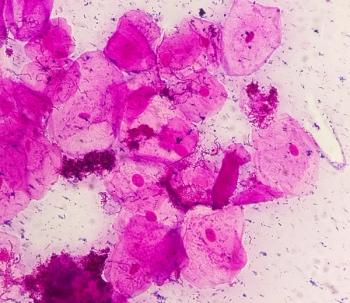
Explore how dequalinium chloride stands as a promising alternative to metronidazole in treating bacterial vaginosis, offering comparable efficacy, safety, and tolerability, as revealed by a recent noninferiority trial.

Review some of the top stories from the Contemporary OB/GYN website over the last week, and catch up on anything you may have missed.

Learn about the symptoms of vulvovaginal atrophy and their frequency and impact in postmenopausal women, leading to extreme discomfort in some cases.

Learn about the clinical characteristics and varied treatment modalities for vulvovaginal pediatric hemangiomas, highlighting the importance of personalized care according to patient needs and clinician expertise, as revealed in a comprehensive review.

A new study revealed that hybrid vaginal ovules, incorporating curcumin and miconazole nitrate, offer effective relief against Candida albicans, potentially revolutionizing treatment for vulvovaginal candidiasis with reduced dosing frequency and adverse effects.

Delve into the complex interplay between genital infections, antibiotic treatments, and the heightened risk of preterm birth, underscored by recent research findings in Antibiotics.

Review some of the top stories from the Contemporary OB/GYN website over the last week, and catch up on anything you may have missed.
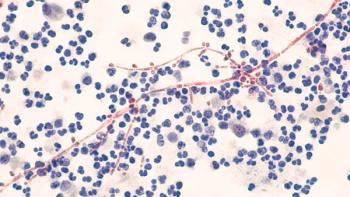
A recent study revealed the efficacy of tetrazole oteseconazole against fluconazole-resistant Candida biofilms, offering hope for recurrent candidiasis patients seeking alternative therapies.

Discover how metabolomics sheds light on potential biomarkers for early detection and treatment of Candida albicans-induced vulvovaginal candidiasis, offering crucial insights into the pathogenesis of this prevalent inflammatory condition.
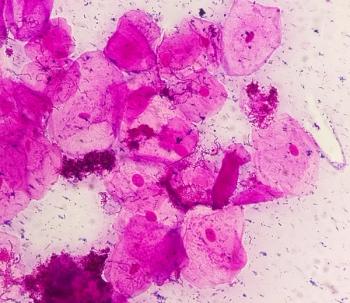
Misunderstandings surrounding bacterial vaginosis can delay treatment, but advancements such as XACIATO offer effective solutions, emphasizing the importance of open communication and continued research for comprehensive women's health care.

Review some of the top stories from the Contemporary OB/GYN website over the last week, and catch up on anything you may have missed.

A phase 3 trial demonstrated that oteseconazole (VIVJOA; Mycovia Pharmaceuticals) capsules exhibit improved therapeutic and mycological cure rates to fluconazole for treating severe vulvovaginal candidiasis.
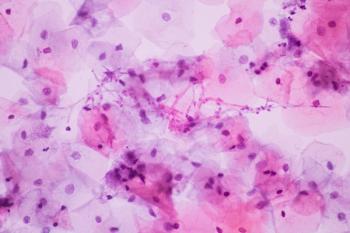
Explore the relationship between bacterial vaginosis and vulvovaginal candidiasis as revealed by a recent study, uncovering mixed interactions, antibiotic implications, and the potential role of vaginal microbiota in shaping this complex association.

In a recent study, vaginal laxity symptoms were significantly improved in patients receiving electroporation therapy vs placebo.


